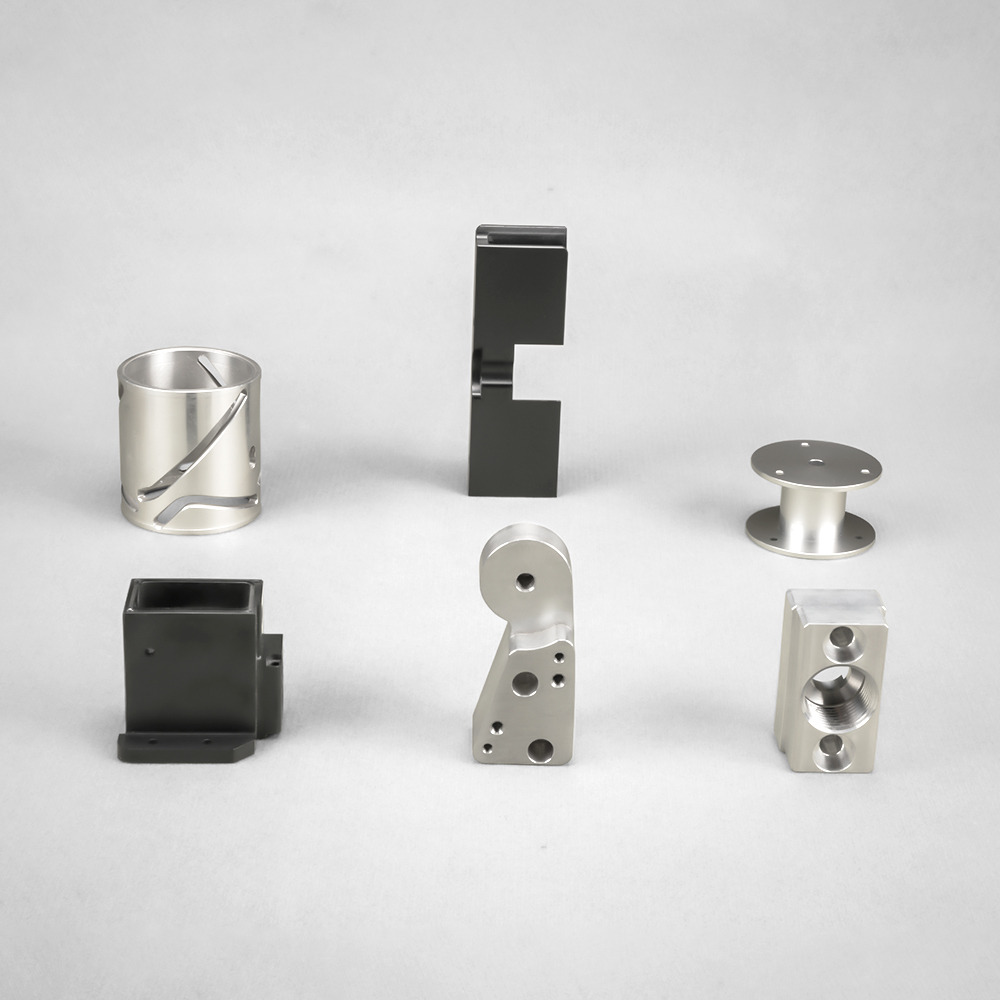Smart Factories of Tomorrow: The Role of CNC in Digitized Manufacturing+ View more
Smart Factories of Tomorrow: The Role of CNC in Digitized Manufacturing
+ View more
Date:2023-12-03 20:53
The landscape of manufacturing is undergoing a profound transformation as smart factories emerge, integrating CNC (Computer Numerical Control) machining at their core. This article delves into the pivotal role of CNC in digitized manufacturing, elucidating its significance in shaping the smart factories of tomorrow.
The Evolutionary Journey of CNC Machining
CNC machining has evolved from its inception as a precision-driven technology to becoming the linchpin of digitized manufacturing. Its integration into computerized systems has revolutionized production processes, paving the way for efficiency, precision, and adaptability in modern manufacturing.

CNC's Integration into Smart Factory Systems
Smart factories rely on CNC as a cornerstone technology. CNC systems, interconnected within the Internet of Things (IoT) framework, facilitate real-time data exchange, enabling seamless communication between machines, sensors, and centralized control systems. This integration fosters an environment of predictive maintenance, optimized production scheduling, and adaptive manufacturing.
AI-Driven CNC Systems
The incorporation of artificial intelligence (AI) in CNC systems enhances their capabilities within smart factories. AI algorithms analyze vast datasets generated by CNC machines, predicting maintenance needs, optimizing tool paths, and adjusting machining parameters in real-time, thus maximizing efficiency and reducing downtime.
Automation and Robotics in CNC Environments
Automation and robotics complement CNC machining in smart factories, further streamlining production processes. Robotic arms, equipped with sensors and programmed for specific tasks, collaborate with CNC machines, performing tasks such as loading, unloading, and inspection, augmenting overall manufacturing efficiency.
Enhanced Data Analytics and Predictive Maintenance
CNC's contribution to smart factories extends to enhanced data analytics and predictive maintenance. Real-time monitoring of CNC operations generates comprehensive data that can be analyzed to predict potential machine failures, enabling proactive maintenance and minimizing unplanned downtime.
The Transition to Agile Manufacturing
CNC's role in smart factories facilitates agile manufacturing. These systems enable rapid reconfiguration, adaptability to changing production demands, and seamless integration of new designs or product iterations, empowering manufacturers to respond swiftly to market dynamics.
Addressing Challenges and Future Trajectories
Challenges such as cybersecurity, interoperability, and workforce upskilling remain focal points for the integration of CNC into smart factories. Future trajectories involve refining AI algorithms, further automation, and continued advancements in data analytics to propel smart factories into a new era of efficiency and adaptability.
Conclusion: CNC Shaping the Future of Manufacturing
In conclusion, CNC's integration into digitized manufacturing represents a pivotal chapter in the evolution of smart factories. As a linchpin technology, CNC facilitates the transformation of traditional manufacturing into agile, data-driven, and adaptive environments, setting the stage for the smart factories of tomorrow.
Share to:
Recommend wonderful blog posts

